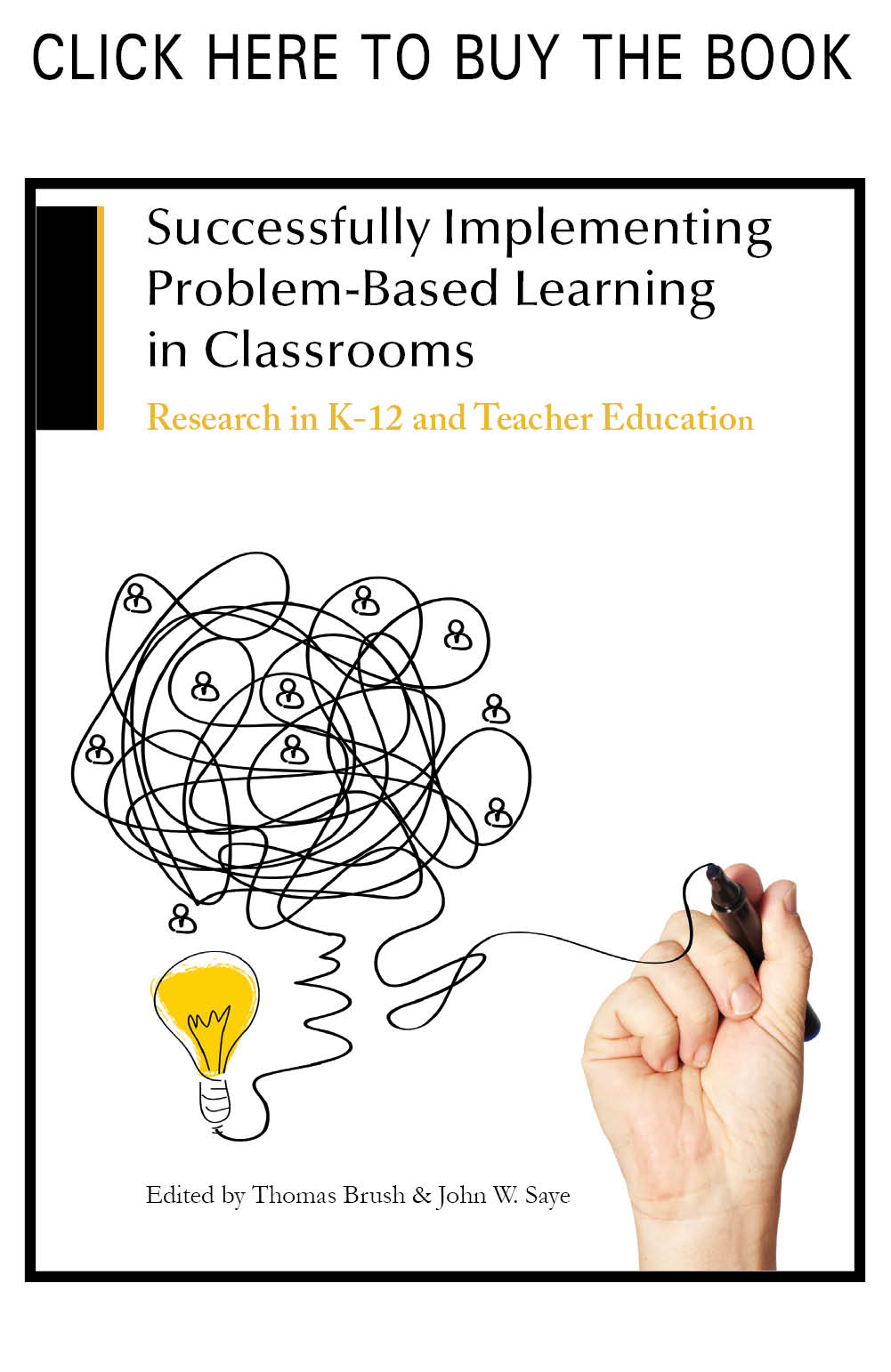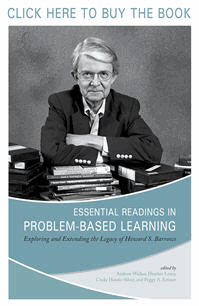Abstract
This conceptual article begins with a general definition of reflection and the soft skills of PBL: collaboration, agency, and metacognition. Then it presents theoretical frameworks for reflection from second language teacher education (SLTE) (Farrell, 2015; Pennington & Richards, 2016) and illustrates six types of reflection with examples from the field of SLTE. The article features a reflective self- and peer-assessment instrument, utilized in a graduate SLTE program. The standard yet flexible template of the reflective teaching report (RTR) allows these teacher educators to interact with their students’ development in the soft skills and the content of the SLTE knowledge base. As a recursive tool, instructors use it at the end of each module in most of the courses. Its embedded, recurrent positioning in the program’s curriculum system is displayed in diagrams. Data from the program are provided to show how items in the shared RTR template support the types of reflection encouraged theoretically in the field of SLTE and PBL. The reliability and validity of this reflective report is discussed in the context of language assessment qualities of usefulness (Bachman & Palmer, 1996).
Recommended Citation
Caswell, C. A.
(2019). Recursive Reflective Reports: Embedded Assessment in PBL Courses for Second Language Teacher Education. Interdisciplinary Journal of Problem-Based Learning, 13(2).
Available at: https://doi.org/10.7771/1541-5015.1810
Included in
Educational Assessment, Evaluation, and Research Commons, Higher Education and Teaching Commons




